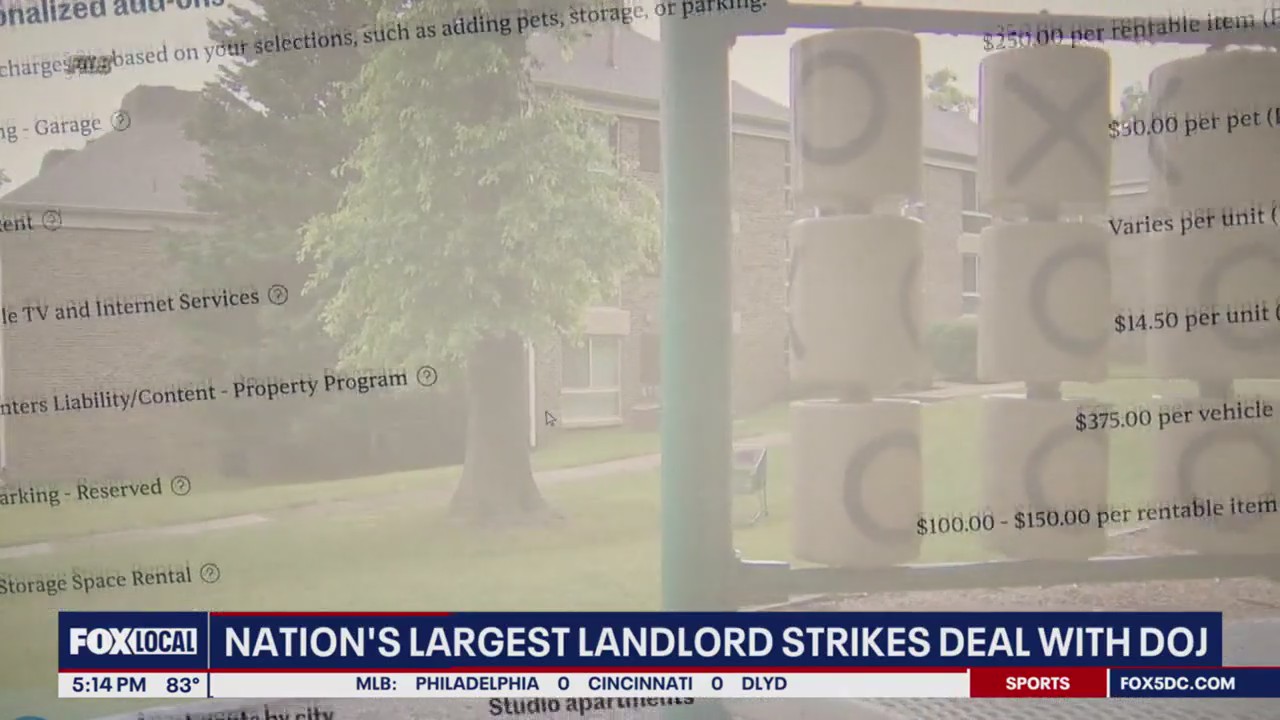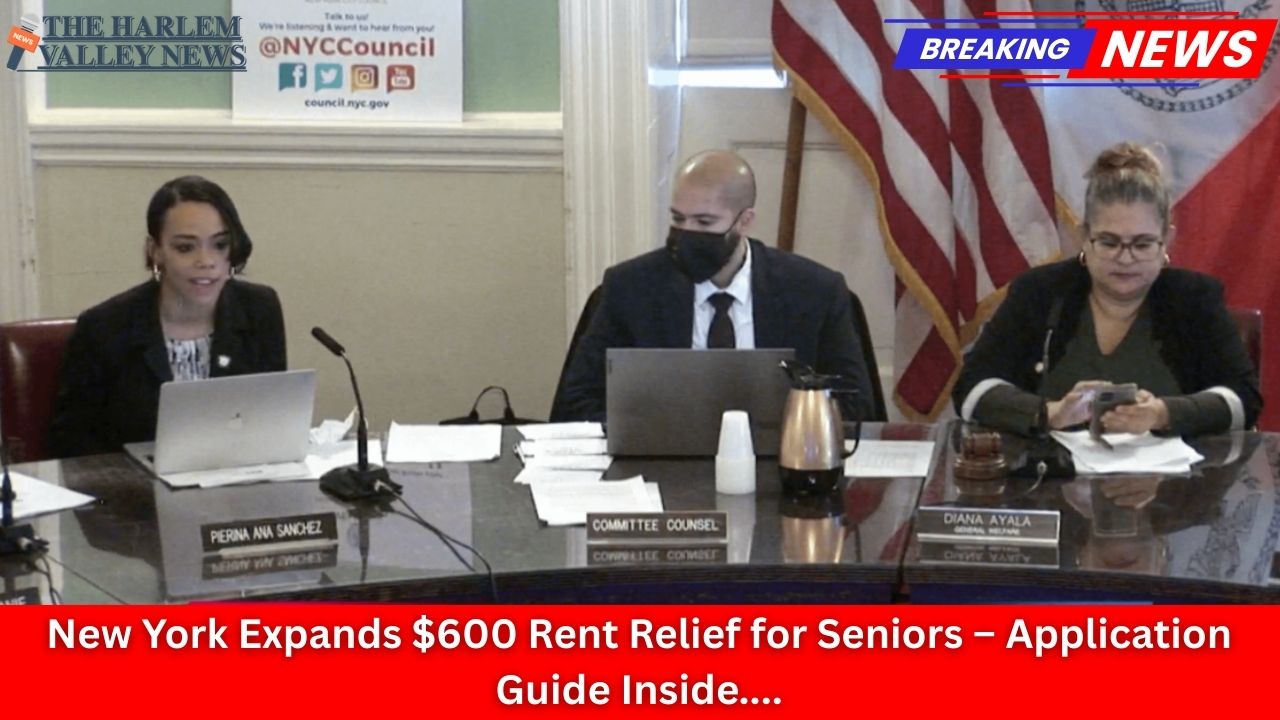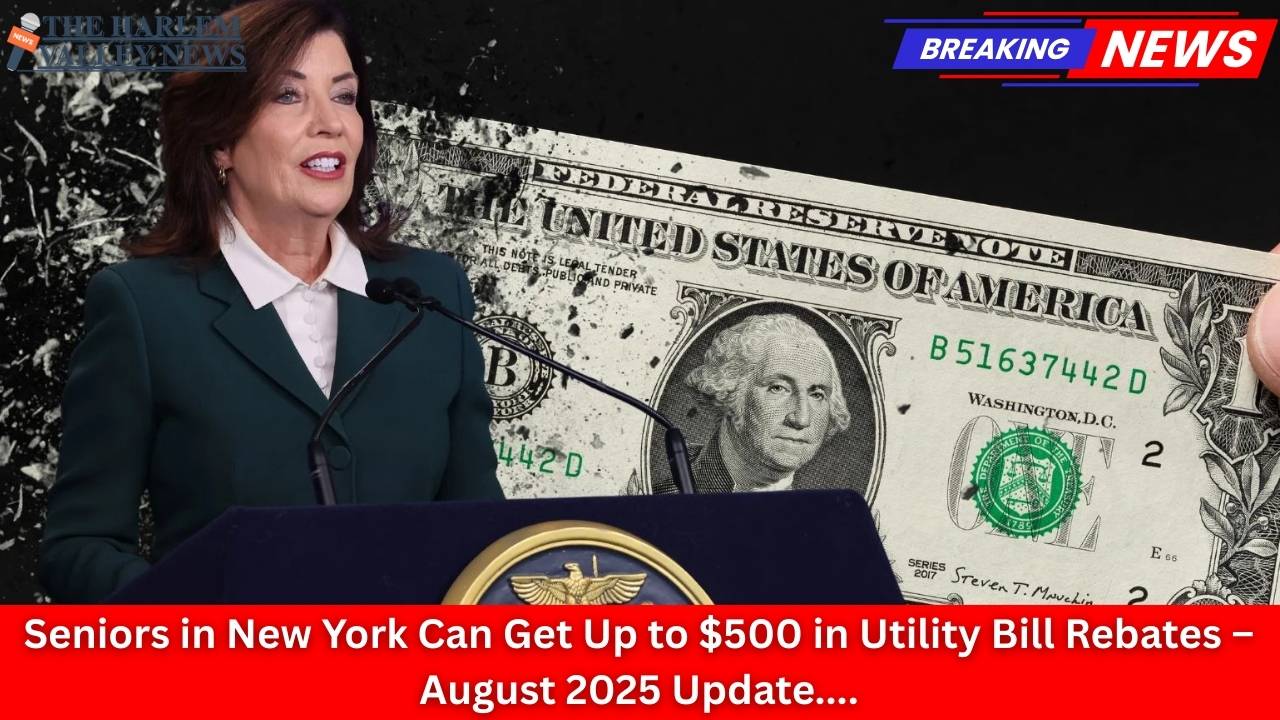WASHINGTON, D.C. – In a significant win for renters in the District of Columbia, Maryland, and Virginia, the nation’s largest landlord, Greystar, has agreed to stop using artificial intelligence software to set rental prices after reaching a settlement with the U.S. Department of Justice (DOJ).
The agreement comes after federal attorneys accused Greystar—which manages nearly a million rental units nationwide—of using AI-driven pricing tools to coordinate rent increases with competing landlords. Many of the company’s properties are located in the D.C., Maryland, and Virginia metro area.
The Allegations
According to the DOJ, Greystar used pricing software developed by RealPage, a Texas-based technology company, to share sensitive rental data with competitors. The tool allegedly allowed landlords to coordinate rental rates and occupancy strategies, effectively reducing competition and inflating rents.
In one cited example, an apartment complex raised its rent by 25% in a single year after using the AI platform.
Madeline Summerville, an attorney following the case closely, criticized the practice, stating:
“Price fixing was an issue, competition was an issue, and that’s a major reason AI regulation is necessary… they were able to use AI and enter in all this data in order to basically screw people out of their housing.”
Impact on the DMV Housing Market
RealPage’s influence is substantial in the local rental market. The D.C. Attorney General’s office reports that:
-
More than 60% of units in large apartment buildings in D.C. are priced using RealPage software.
-
In the Washington-Arlington-Alexandria metro area, roughly 90% of units are priced using the platform.
This level of market penetration has raised concerns that AI-driven pricing tools may have contributed to widespread rent inflation across the region.
The Settlement Terms
Under the settlement, Greystar will:
-
Cease using AI-based rent-setting software from RealPage or similar providers.
-
End participation in any system that involves sharing non-public pricing data with competitors.
Notably, the company did not admit liability and has maintained that its practices were lawful. Summerville noted that while this is progress, it is only one piece of a larger problem, as many other landlords continue to use similar pricing systems.
“They didn’t admit they did anything wrong… The American people shouldn’t be subject to what real estate companies can get away with,” she said.
Broader Legal Action
This is not the first legal action taken against RealPage and landlords accused of rent collusion:
-
Maryland’s Attorney General filed a lawsuit against RealPage earlier this year.
-
In June 2025, the D.C. Attorney General secured the first settlement against the tech company.
-
The DOJ continues to pursue an ongoing federal lawsuit targeting both RealPage and participating landlords.
Reaction from Watchdog Groups
Watchdog organization Accountable.us welcomed the settlement but stressed the need for broader enforcement.
In a statement to FOX 5, the group said:
“This is a win for renters who have been squeezed by corporate greed and AI-driven collusion, but… it’s not enough for one company to opt out. Elected officials must step up and tackle all price-gougers like RealPage.”
What This Means for Renters
While the settlement represents a symbolic and practical victory for tenants, housing advocates caution that market-wide reform will require systemic regulation of rent-setting technologies.
For now, renters in Greystar-managed properties may see a shift toward traditional market-based pricing—but the full impact on rent levels remains to be seen.
The DOJ’s action signals growing federal attention on the intersection of artificial intelligence, corporate practices, and consumer protection—a trend that could reshape rental markets nationwide in the years ahead.

















Leave a Reply